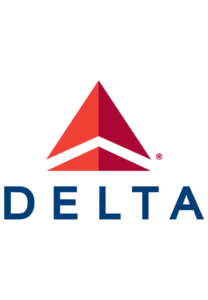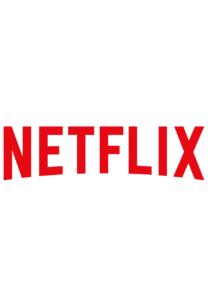
Global
Apple
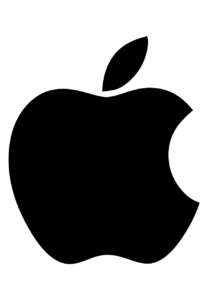

Reddit, a popular website for news and discussion, was founded in 2005 by Steve Huffman and Alexis Ohanian.When it first launched, it had zero visitors, leading the founders to create several fake accounts to hold fake discussions until visitors eventually started trickling in. Eventually, Reddit became wildly popular and was bought by Condé Nast, the owner of 20 other brands and media like Vanity Fair, Vogue and The New Yorker. As of February 2018, Reddit has almost 550 million active users and is ranked as the fourth most visited website in the U.S. and sixth in the world. Sometimes you just have to fake it until you make it.
Airbnb
When Airbnb launched in 2008 it struggled to find investors, forcing founders Brian Chesky and Joe Gebbia to create custom cereal boxes to raise funds. With Barack Obama and John McCain as inspiration, they created “Obama-Os” and “Cap’n McCains.” Within two months, they’d raised over $30,000 and got invited to a training session for a startup incubator, which provided them with training and $20,000 in funding. The company was able to grow exponentially and by the next year, the Airbnb website had 10,000 users and 2,500 listings. The company now has over 4 million listings around the world and rakes in over $2.5 billion in annual revenue.


Evernote
Evernote, the app designed for taking notes, organizing and making lists, was founded inb 2008 by Stepan Pachikov . Within the same year, Pachikov made the decision to shut the company down because he believed it would never take off. However, before he shut it down, an overseas investor pledged $500,000 to give Evernote a chance to succeed, and it did. Despite the recent trouble, Evernote is a leader in note-taking and organization software and has raised hundreds of millions in funding, attracting over 20 million users.
Fedex
FedEx was founded in 1971 by Frederick Smith with $4 million of inheritance money and $80 million in loans and investments. Smith first proposed the idea behind FedEx in a writing assignment for one of his classes at Yale University, for which he earned a C. During the first two years in business, the company accumulated enormous amounts of debt due to rising fuel prices and was at the edge of bankruptcy. When funds dwindled down to just $5,000, Smith decided to fly to Las Vegas and gamble with the last of the money in an attempt to double it. Incredibly, Smith managed to turn $5,000 into $27,000 and was able to save the company by raising another $11 million. By 1976 FedEx had produced its first profit of $3.6 million. Seven years later FedEx became the first U.S. company to reach revenues of $1 billion within 10 years of the startup with no merger or acquisition and has been thriving ever since.
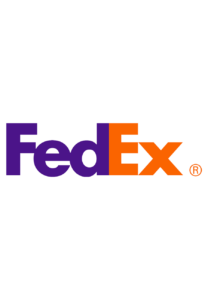

Marvel
General Motors
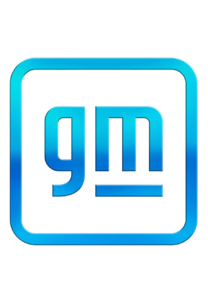
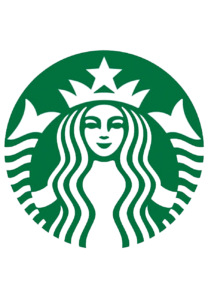
Starbucks
Delta Airline
